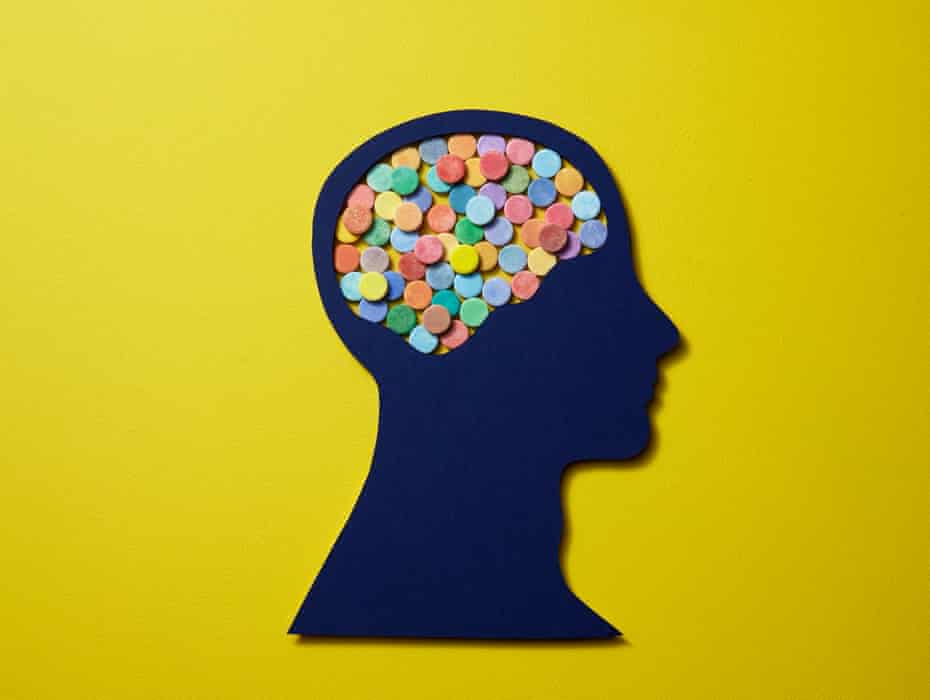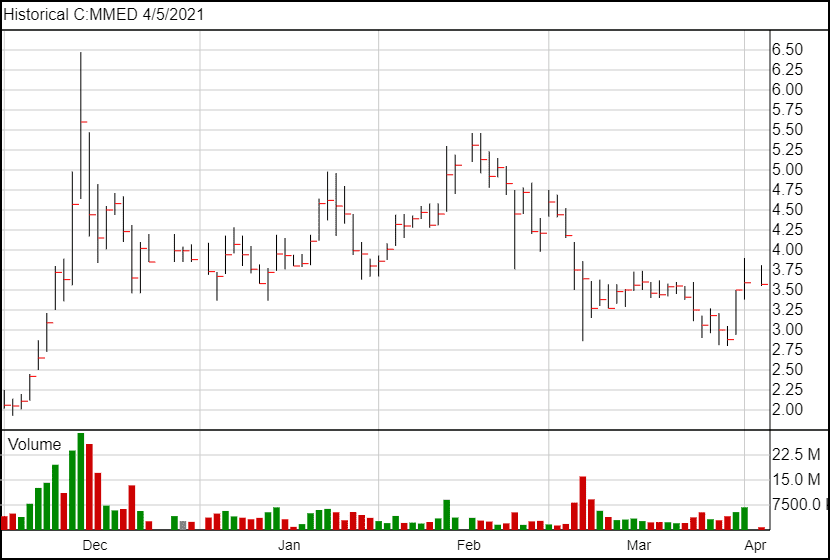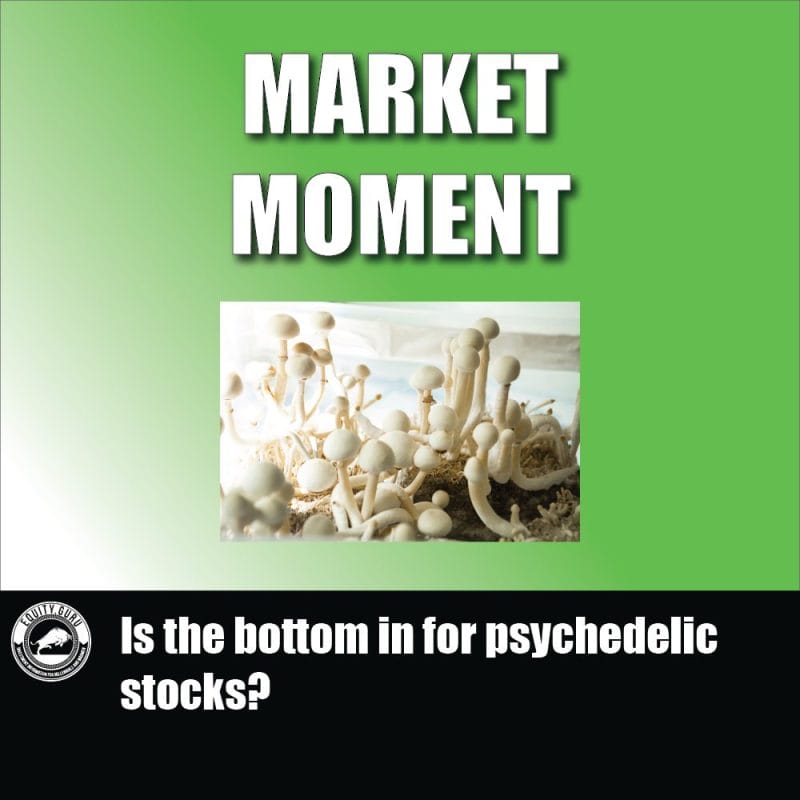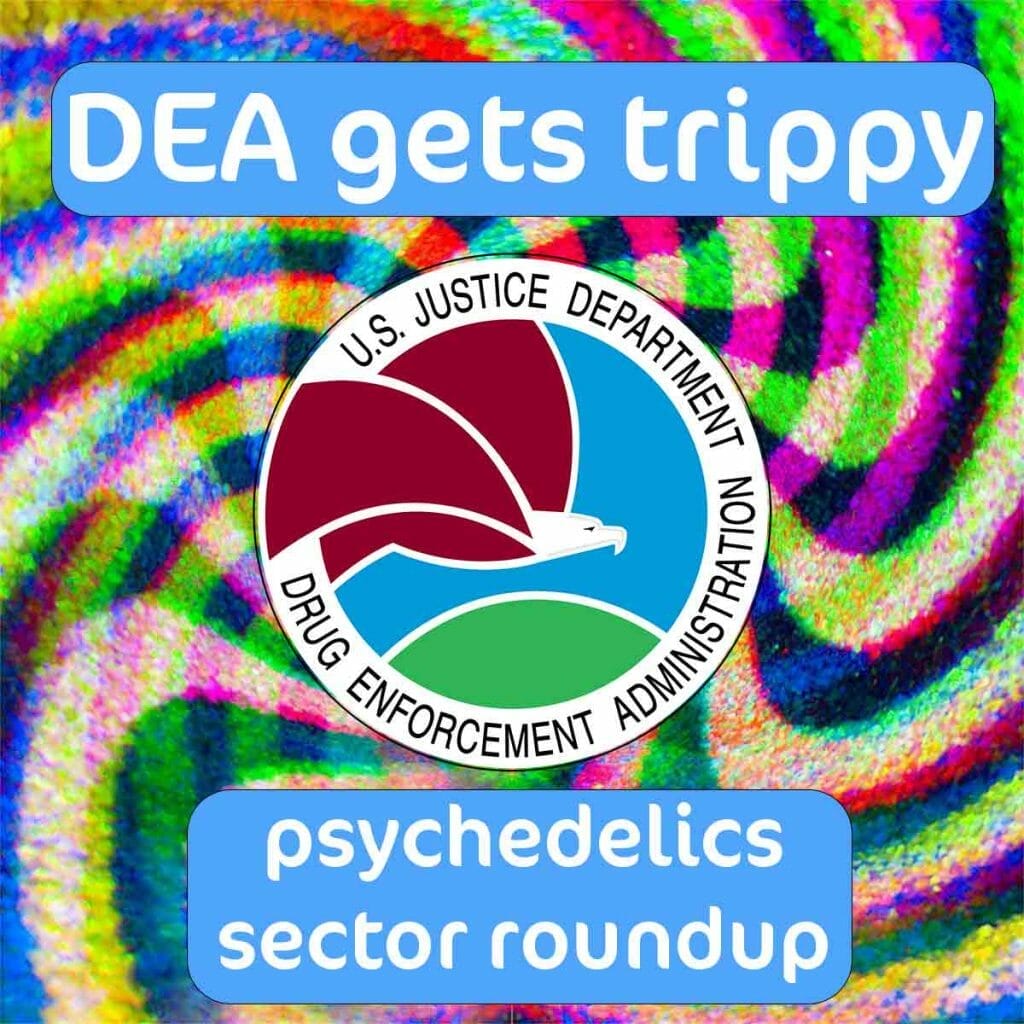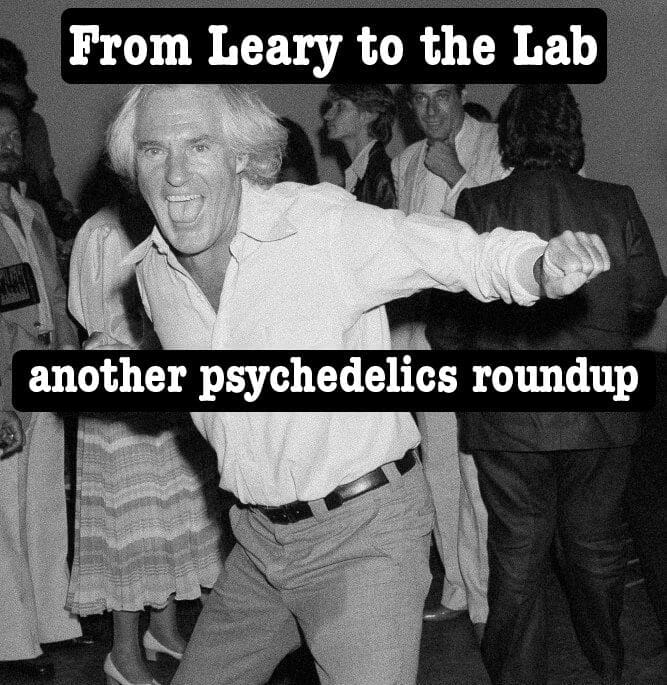MindMed (MMED.NE) announced the publication of the first study on MDMA dosing optimisation using personalised medicine.
The study was conducted at the University Hospital Basel Liechti Lab, in Basel, Switzerland. The study provides scientific data for the optimisation of MDMA (ecstasy) dosing, which will help improve users’ experience and help mitigate negative effects.
One researcher involved in the study was Dr. Matthias Liechti, a consultant for MindMed. He wrote:
“To our knowledge, this is the first study on personalized MDMA treatment including pharmacogenetics, personality assessments, and psychometrics in one analysis. The method used allowed us to evaluate the relative importance of the different predictors. Very clearly, the dose of MDMA has the greatest impact on the acute subjective response. However, genetics, personality, and mood before MDMA use also moderated the response before MDMA use. Importantly, the data was obtained in studies using a safe hospital environment and in younger healthy volunteers with mostly no past MDMA experience. Additional data in patients is needed.”
The study’s findings are both expected and novel, as it found obvious predictors such as age, weight, sex, and genetics all play an important role in determining a patient’s optimal MDMA dosage.
More interestingly, certain personality traits affected people’s MDMA experience. People with high scores on the personality trait “openness to new experiences” were more likely to feel various MDMA effects, such as “closeness”, “oceanic boundlessness” and “visionary restructuralization”. Subjects with high “neuroticism” were more likely to have unpleasant or anxious experiences, such as fear of ego dissolution and losing control.
This study demonstrates the importance of understanding a patient’s psychology when determining their therapeutic dosage of MDMA.
“With the promise of advances in psychedelic medicine we are aiming to step away from the rather rigid and inflexible drug centric approach of ‘one size fits all’ and start leveraging data and machine learning to help health professionals and patients engage new personalized therapies in the treatment paradigms. We are building unique biomarker profiles of individuals across genetics, phenotypes, personality traits, and cognitive states that will allow us to best predict which therapy framework configurations will be most effective. The analysis will also include set and setting related variables, therapy, post-therapy integration, and longitudinal follow-ups. Our work focuses on applying the concepts of personalized medicine, AI, and cross disciplinary cutting-edge research to better understand and predict how individual biological phenotypes, genetics, and mental states correlate and interact with responses to the new psychedelic intervention paradigms. We hope this will enable us to build and offer better decision support systems for healthcare professionals and their patients, delivering the best set of evidence and scientifically derived therapy framework options for mental health treatment,” stated MindMed Executive President, Dr. Miri Halperin Wernli.
MindMed has been working hard to advance the therapeutic use of MDMA. In January, they announced the first ever trial which combines the use of MDMA and LSD in a therapeutic setting (all though I’m sure those two drugs have been combined recreationally before).
MDMA has been seen as a potential therapeutic for the treatment of PTSD, anxiety, depression, and alcohol addiction.
Following the news, MMED.NE’s stock price did not change significantly.

